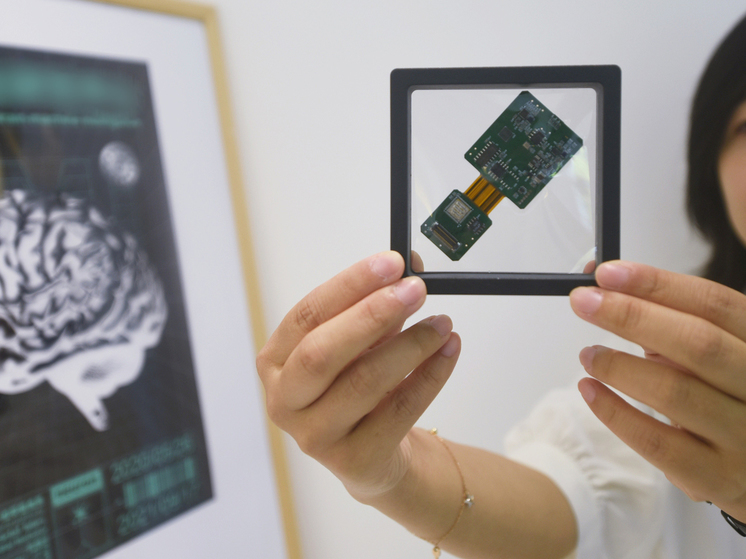Neurophysiologist Balaban assessed Musk’s experiments on implanting chips in the brain
[ad_1]

“Such studies have been carried out since the 60s”
Hands-free control of a mobile phone and other gadgets is just around the corner. Elon Musk has received approval for human clinical trials of a chip implanted in the brain.
The neurotechnology company Neuralink was founded by a businessman in 2016 specifically to develop robots that allow electrodes to be implanted into the brain. For several years, the billionaire hid this project, and in 2020 he demonstrated a neurochip that communicates between the brain and the gadget. In February 2021, Musk tested the chip on a monkey by connecting its brain to a smartphone – it moved the cursor on the screen without the help of a joystick.
Employees at the company were eager to test the new technology on humans, but early last year, the US Food and Drug Administration (FDA) rejected the application. They didn’t like the lithium batteries that were used in the chips and worried about how to safely remove the device from the brain.
We talked with the scientific director of the Institute of Higher Nervous Activity and Neurophysiology of the Russian Academy of Sciences Pavel Balaban about how Musk managed to overcome the ban, what is revolutionary about his project.
– Work on the implantation of electrodes in the brain has been known since the 60s of the last century, – says Pavel Miloslavovich. – They are held in all developed countries of the world, mainly to combat epilepsy. In the United States, electrodes implanted in a certain area of the brain are given an electrical signal, and it reduces anxiety for people with severe mental disabilities. Electrodes are also used in completely blind people.
Neuralink’s work differs only in that it uses battery-powered chips that are completely implanted in the brain, instead of electrodes with wires brought out. These lithium batteries were the only reason why the FDA did not grant approval.
– What was the problem?
– The point was that some of them were very hot and could lead to an explosion. Now, most likely, they have been replaced by safer ones.
– Will such chips allow people to control gadgets and master telepathy, as Elon Musk promises?
– This technology does not yet give a great opportunity – it has limitations – it allows you to execute only two or three commands.
[ad_2]
Source link








